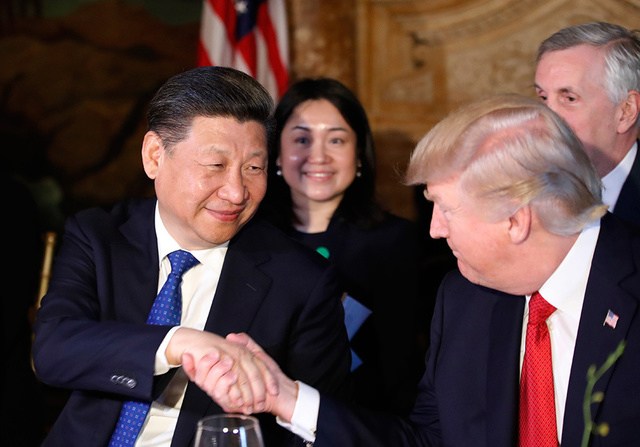By 2025, the US–China relationship will likely remain unchanged, maintaining the status quo from 2008. Leadership changes and global shifts are unlikely to alter the trajectory. Improved relations could benefit China’s economy and help address domestic challenges. However, its leadership sees the risks of reengagement and reforms as outweighing the benefits. In Washington, relations with China take a back seat, as Trump prioritises domestic issues.
Persisting patterns
US–China relations in 2024 neither deteriorated significantly nor improved markedly. This balance has defined the relationship since 2008. The same pattern is likely to persist in 2025, despite Donald Trump’s return to the presidency and concerns over Xi Jinping’s Taiwan ambitions.
Fundamental policy drivers in both nations remain static. As a result, major policy shifts are difficult. Both Trump and Xi prefer preserving stability over taking risks with untested approaches. Thus, repairing relations is not a priority for either government.
China’s calculated reluctance
Beijing could benefit from improved relations with the US. A stronger partnership might stimulate economic recovery and ease pressures from military competition. However, Chinese leaders remain reluctant to implement the reforms needed to attract US support.
Internally, China faces challenges such as housing, healthcare, and government debt. Externally, it manages strained relations with advanced economies and an uneasy alliance with Moscow. Yet, these issues are not urgent enough to push for the broad “reform and opening” policies of the 1980s.
Under Xi, centralisation and control dominate policy. Reforms are seen as threatening party stability. Although Beijing might reconsider the sustainability of its economic model, it shows little willingness to loosen foreign engagement. Relaxing internal controls is also risky. Slower economic growth makes it harder for the government to sustain legitimacy through results. While openness could ease long-term problems, it might destabilise the regime in the near term.
Washington’s domestic focus
Donald Trump’s China policy for 2025 is difficult to predict. The issue played a minor role in the 2024 campaign. His main commitment was imposing higher tariffs on Chinese imports. However, this depends on his broader domestic priorities, such as tax reform and deficit reduction.
China is not likely to feature prominently in Trump’s agenda. His “America First” approach reflects limited interest in either reducing tensions or countering China’s global moves. While Trump may pursue deals on specific issues, this would largely continue the Biden administration’s policies but with his unique style.
Historically, major shifts in US–China relations have occurred only when Beijing rebalanced its priorities between security and growth. US policies have not driven these changes but have responded to them.
If Beijing moves toward another wave of reforms by 2025, it is unclear whether Washington will be prepared to engage constructively. However, given current trends, such a pivot by China seems unlikely.
